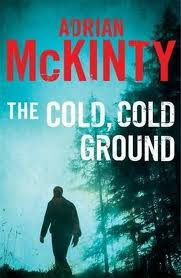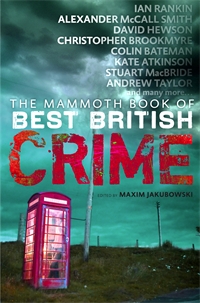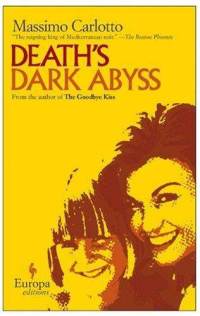 Apologies to the one or two people who may occasionally read more than one of my blogs, but I'm doing a bit of a blitz for Grimm Tales, a new ebook that I have a story in. More importantly, I've read the rest of the authors and believe me when I tell you that my contribution matters little either way to this fine and fun collection. Here is a bit of the blog post I put up on Confessions of Ignorance last night:
Apologies to the one or two people who may occasionally read more than one of my blogs, but I'm doing a bit of a blitz for Grimm Tales, a new ebook that I have a story in. More importantly, I've read the rest of the authors and believe me when I tell you that my contribution matters little either way to this fine and fun collection. Here is a bit of the blog post I put up on Confessions of Ignorance last night:Normally I have a bit of reluctance to turn my blogging world into a platform for self-promotion or even other promotion, but this time, I have no scruples. Riding on the coattails of my betters, I've got a story in a really terrific new anthology. Grimm Tales, edited by John Kenyon and with an introduction by the Galway master of crime writing himself, Ken Bruen, features a whole host of up and coming crime writers, all working out their own variation on the premise of taking a well known fairy tale and ringing some changes on it in a piece of contemporary crime fiction.
John posted this challenge sometime toward the end of last year on his blog, Things I'd Rather Be Doing (I believe I actually learned about it through the crime community connecting blog of Sean Patrick Reardon, Mindjacker), and about seventeen of us took the challenge and came up with something that looked pretty much like a crime story. There was a contest, and there were first, second and third place winners, but basically everyone just did this in the spirit of fun. That would have seemed to be the end of it, but one way and another John thought maybe a book could be made of it, and Untreed Reads gave him the greenlight for an ebook. I believe we all quite enthusiastically agreed to be part of the project. I mean, how hard is it to say yes, when the story has already been written?)
John has been faithfully shepherding the project through to publication and keeping us all posted on the book's progress. I don't know why it came as such a surprise to me when a couple of nights ago, he emailed us all that Grimm Tales was live. But it was a pretty exciting one.
I like--really like--to read mysteries and crime fiction, but I'm not a crime fiction writer, so I have have a bit of a sheepish feeling about my own part in this. If you happen to read my story, you will quickly see that it is not really noir. It doesn't even totally qualify as crime fiction. So I was happy to get a little and quite unexpected nod from Ken Bruen in his introduction, making me feel that at least it was okay for my story to be included.
Anyway, enough about me. Rather than focussing on highlights, I'll just mention that a variety of familiar tales (and some not so familiar) and a smaller showing of nursery rhymes inspired the very various stories to be found here. For some reason, "Hansel and Gretel" had an outsize number of takers, but as you will see the outcomes are very, very different.
As you might suspect, Untreed Reads is all about ebooks, but if you don't have an ereader, don't despair. There is certain to be a format that you can download on to your computer if that's your option.
You can check the link out HERE




























 II'
II'






